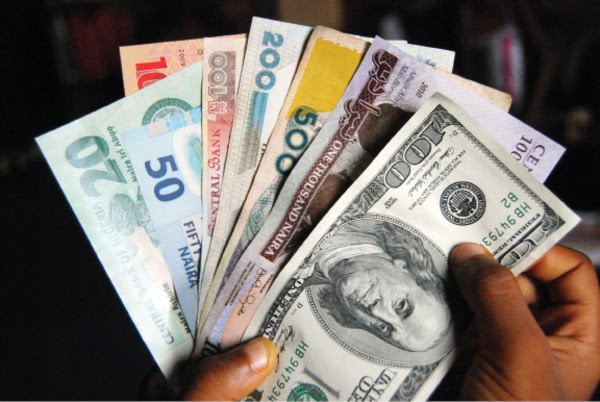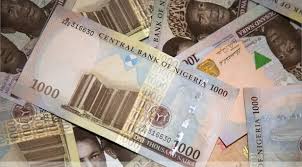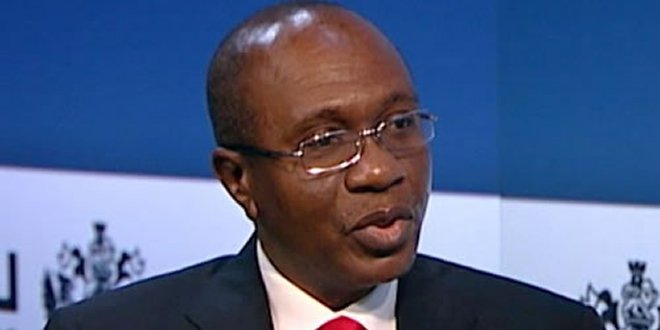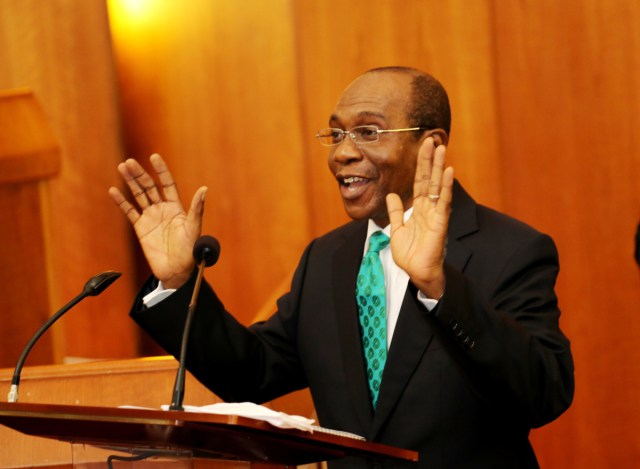By: Henry Boyo
“LCCI blames CBN over depreciating Naira” was title of a report on pg 17 of the Guardian edition of January 19th 2009, in which, Kayode Onafowokan, who is chairman, Lagos Chamber of Commerce and Industry, blamed the Central Bank (CBN) for “the drastic drop in the naira value”.
Otunba Onafowokan noted that “through acts of omission or commission, CBN created an environment which spurred speculative activities, leading naturally to bloated demand for foreign exchange and an inevitable drastic depreciation in the exchange rate”. The Chamber also noted that CBN’s “various pronouncements and actions did not give a clear policy direction and were sometimes inconsistent; a disposition which significantly fueled speculative activities leading to unbearable demand pressure on forex”. The LCCI chairman, further observed that it would seem that CBN top officials do not appreciate the gravity of the damage, its actions have caused the economy”. Truth, they say, has no hiding place!
However, probably unknown to the LCCI, the path to the naira’s fall and our dislocated economy had infact been plotted and the process steadily implemented by CBN since February 2005; thus, the recent Naira crash was actually a dastardly predetermined blow delivered under cover of the global economic meltdown.
“THE N.E.E.D.S PROGRAMME AND MONETARY POLICY CIRCULAR NO. 37 (1&2), are two articles published, respectively, on 14th and 21st February 2005, in which this writer warned on CBN’s plot to attack the naira, and emasculate the economy with odious policies! Evidently, Nigeria’s unyielding oppressive economic challenges, despite over four years of embarrassingly abundant foreign exchange, may have validated our prognostication.
Notwithstanding, Omolara Akanji, CBN Director “Trade & Exchange” boasted at the 8th Annual CBN Seminar for Business Editors, in August 2006, that “the apparent convergence (of Naira exchange rates) signaled an effective foreign exchange management and efficient foreign exchange market”. The Director also suggested that the convergence was brought about by its recent liberalization of the foreign exchange market,
Indeed, consequent upon its quest for market liberalization, CBN hastily removed the traditional documentary controls that inhibited the nebulous patrons of the black market from accessing relatively cheaper, officially sourced dollars from commercial banks. CBN therefore met the expected upsurge in forex demand, with monthly allocations of $400,000 to every registered bureau de change (BDC), despite the threat of capital flight and the likely possibility that the major patrons of BDCs could be smugglers and Treasury looters.
CBN’s jiggery-pokery on the forex market, has been decried in an earlier article (published 9/4/2006) titled “PSEUDO LIBERALISATION OF FOREX MARKET”, in which I had observed that “What is apparent from all the above is that CBN appears overwhelmed by its new found seemingly inexhaustible pool of dollar inflow from the exceptional rise in crude oil prices. Indeed, the euphoria of huge dollar reserves may have regrettably also translated to reckless dispersal of our foreign exchange earnings with the shadowy objective of convergence of forex rates”
“Conversely, a truly liberalized market would have many sellers and buyers! However, an arrangement where CBN, alone supplies over 80% of dollars traded, would invariably represent a stranglehold market monopoly”.
Consequent on CBN’s poliy, the predictable boom in BDC business and free supply of dollars prompted an article published on 9/4/2007 titled “WHAT A LIBERALISING POLICY” in praise of CBN’s ‘acclaimed wisdom’ by Vanguard’s Babatunde Komolafe; Komolafe’s shallow evaluation of the forex market was conversely appraised in another article, published on 30/4/2007, with an identical title, in which I noted that… “As if in a prodigal desperation to wastefully spend our bountiful dollar reserves rather than apply such to the benefit of the real sector, the CBN gave away $7bn to 14 Nigerian banks at possibly less than 5percent interest rate or at no cost whatsoever, to facilitate their engagement in international banking and finance; furthermore, CBN equally approved $20,000 as basic travel allowance for every Nigerian (even when less than 1percent of Nigerians earn $20,000 or N2,600,000 per annum); worse still, despite valuable ample idle reserves, CBN continues to lead us down the path of unnecessary local debt accumulation by returning to borrow funds at over 15% from the same banks to whom CBN had placed a significant portion of both our dollar and Naira revenue.
Notwithstanding the insolicited advice, the CBN marched on aggressively, like a soldier without ammunition, into battle, and today, the chickens have come home to roost; CBN has inevitably since returned to a prescription for accountability in forex usage; a process it earlier glibly discarded in 2006! According to reports, CBN would now also cease further sales of forex to BDCs, thus belatedly admitting that it is not best practice, anywhere in the world, for central banks to fund BDCs; in addition, banks will also henceforth only purchase forex specifically for their customers who have appropriate cash cover.
But, the question still remains whether CBN’s turnaround or born-again posturing is truly altruistic. Unfortunately, the pattern of forex sales to banks in 2008, as published in Vanguard’s Business Edition of 12/1/09 is worrisome! The CBN, reportedly cumulatively auctioned $4.7bn between January-September 2008; regrettably however, the Naira liquidity surplus, knowingly precipitated with the late release of 100 percent accumulated 2008 capital expenditure budget in late October, invariably triggered a sudden surge in dollar demand between October/ November, such that despite, Soludo’s assurances that our economy was well-insulated from the global meltdown, the CBN inexplicably ultimately auctioned over $7bn to defend the Naira in just two months, a significant difference from the $4.7bn auctioned from January- September 2008.
In a farcical twist, the CBN has now blamed the sudden surge in dollar demand to speculation, and has therefore threatened to deal with round-trippers; nonetheless, the Apex bank was conspicuously silent on whether it was forced to open the treasury vaults to meet alleged speculative dollar demand between October – November 2008, since the dollar amount demanded by banks in both months was clearly out of sync with trend! Indeed, the abnormal dollar demand and supply notwithstanding, the CBN still liberally simultaneously funded BDCs with dollars till late November 2008!
A cursory examination of the money market will show that demand for forex often peaks after the disbursement of monthly Naira allocations to constitutional beneficiaries. Consequently, the greater the monthly distributable dollars, the greater the naira supply in banks and the greater, also is the capacity of banks to extend credit ultimately, the greater also, will be the demand for dollars, with an inverse downward pressure on naira exchange rate. Thus, CBN is undeniably the architect of the recent Naira crash, while the CBN Governor is the godfather of forex speculation, especially when serious sanctions are rare, despite the pervasive and brazen round-tripping in banks!”
Now fast forward to march 2017,
“EFCC arrests two CBN Directors for forex manipulation” was the front page headline of the Punch Newspapers on 30th March 2017. The related story suggests that sources at the EFCC have reasons to believe that the activities of these Directors contributed to dollar scarcity and weakening of the Naira exchange rate”.
Nevertheless, it is plausible that the most sustainable effective antidote to unending Naira depreciation would be for CBN to relinquish its skewed monopoly in the foreign exchange market and the abolition of its auctions of rations of dollars in a market, that is uncomfortably flush with excess Naira liquidity. Evidently, even if dollar supply for example, fortuitously quadruples, the Naira rate will ironically eventually still continue to weaken, so long as CBN’s stranglehold dollar monopoly subsists. Clearly our recent monetary history has not recorded any meaningful Naira appreciation even when CBN was in custody of best ever reserves above $60bn!!
SAVE THE NAIRA! SAVE NIGERIANS!!



